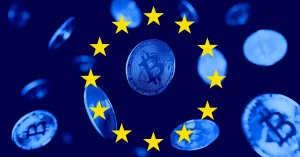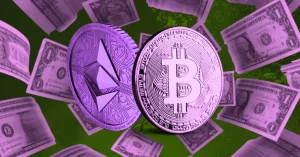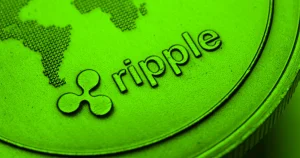Here’s How DeFi Market Looks After Terra Collapse – Coinpedia – Fintech & Cryptocurreny News Media

Terra’s ecosystem had roughly 15% of the DeFi market share before its collapse last month. According to DeFiLlama data, this makes it the second-largest hub for all decentralized finance. But after a $40 billion network goes bankrupt, where do the investors flee? When Terra was still alive and active on May 6, Ethereum had 55% of all DeFi activity, BNB Chain had 6%, Avalanche had 4%, Solana had 3%, Fantom had 2%, and Tron had 2%.
Those data now appear to be substantially different. Ethereum, which now has a market share of 61 percent, BNB, which now has a market share of 7.6 percent, and Tron, which now has a market share of roughly 6 percent, were the greatest winners. Harmony, a lesser-known company, currently has 5.2 percent of the market.
Surprisingly, Fantom and Avalanche actually lost some market share during this time, while Solana remained stable at 3%. Projects like Arrakis Finance (a liquidity management protocol), Iron Bank (a protocol-to-protocol lending platform), and Euler (another lending platform) on Ethereum have been instrumental in absorbing new money into DeFi.
Projects like pNetwork (a validator network), Wombat Exchange (a Curve-like decentralized exchange), and TokensFarm (a yield aggregator) have all done well on BNB Chain in the last month.
TRON Emerges a Winner
Despite the fact that Tron has nearly doubled its market share since Terra’s demise, it has done so with essentially the same product as Terra’s UST: USDD.
USDD is a new algorithmic stablecoin that works in a similar way to Terra’s UST’s mint-and-burn process. The Tron DAO is currently purchasing Bitcoin, Tron, and USDT as collateral. As a result, it’s a strange mash-up of numerous methods.
Despite the fact that stablecoins are DeFi’s bread and butter, consumers appear to be flocking to USDD for its high returns rather than its virtues as a decentralized currency. Tron, for example, promises some very extravagant double-digit payouts on a few different platforms on USDD’s site.














